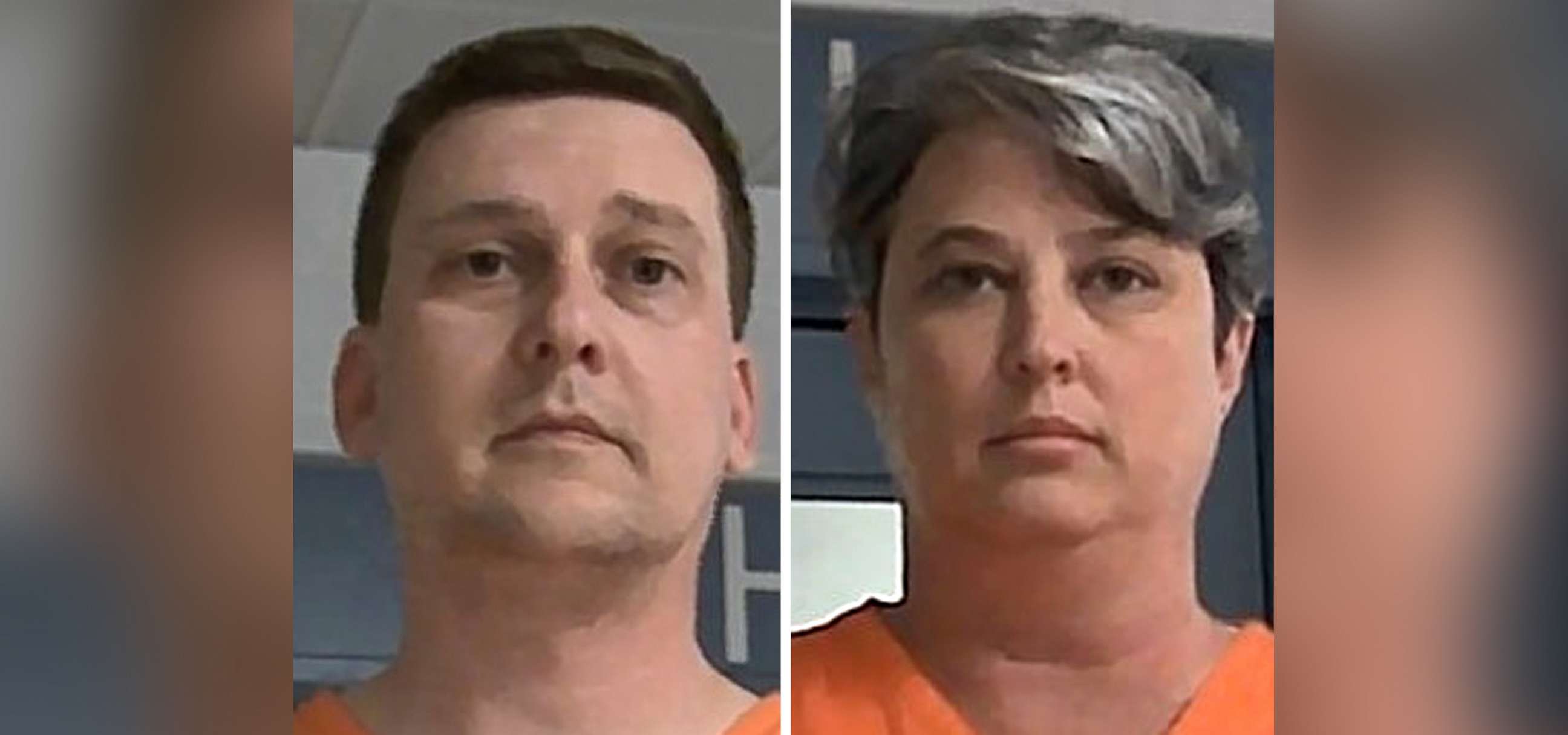Judge rejects plea deals for couple accused of trying to sell nuclear sub secrets
The judge said the plea deals failed to account for the "grave harm" caused.
A federal judge in West Virginia on Tuesday rejected the plea deals of Jonathan Toebbe, a former nuclear engineer for the U.S. Navy, and his wife Diana, because she said they did not allow for enough prison time.
Jonathan Toebbe's plea agreement called for a sentence of 12-17 years and Diana Toebbe's plea agreement called for a sentence of three years after they pleaded guilty to offering to sell secrets about submarine nuclear propulsion systems to a foreign country.
Toebbe had faced life in prison for violating the Atomic Energy Act before reaching the agreement with federal prosecutors in West Virginia, where he put an SD card at a "dead drop," according to the charging documents.
"These are serious crimes but we are talking about serious punishment. Twelve-and-a-half years is not a slap on the wrist," defense attorney Nicholas Compton said.
The judge, though, said it was not in the best interest of the community to accept the plea agreements since the proposed sentences failed to account for the "grave harm" she said the Toebbes caused.
"Make no mistake these defendants have been charged with very serious crimes," Judge Gina Groh said. "I find the sentencing options available to me to be strikingly deficient."

The Toebbes, of Annapolis, Md., seemed to neighbors and co-workers as the typical suburban couple before they were arrested last October for allegedly scheming to sell secrets about Virginia-class nuclear submarines to a foreign country, which was not identified in court papers but was Brazil, a source told ABC News.
At the time of his plea, Toebbe conceded he sent a package to a foreign government, listing a return address in Pittsburgh that contained a sample of restricted data and instructions for establishing relationship to buy additional restricted data.
Toebbe said he began corresponding with someone he thought was a representative of the foreign government who was really an undercover FBI agent.
On June 8, 2021, the undercover agent sent $10,000 in cryptocurrency to Toebbe as "good faith" payment.
A few weeks later, Jonathan and Diana Toebbe traveled to a location in West Virginia, prosecutors said. There, with Diana Toebbe acting as a lookout, Jonathan Toebbe placed an SD card concealed within half a peanut butter sandwich at a pre-arranged "dead drop" location, they said.
After retrieving the SD card, the undercover agent sent Jonathan Toebbe a $20,000 cryptocurrency payment, prosecutors said. In return, Jonathan Toebbe emailed the undercover agent a decryption key for the SD card. A review of the SD card revealed that it contained restricted data related to submarine nuclear reactors, the indictment said.
Both the Toebbe's withdrew their plea agreement after a judge rejected the agreement.
"Yes, your honor, I'd like to withdraw my plea," Jonathan Toebbe said.
The judge on Tuesday set a trial date of Jan. 17, 2023, giving the parties time to negotiate a new plea agreement or proceed to trial.




